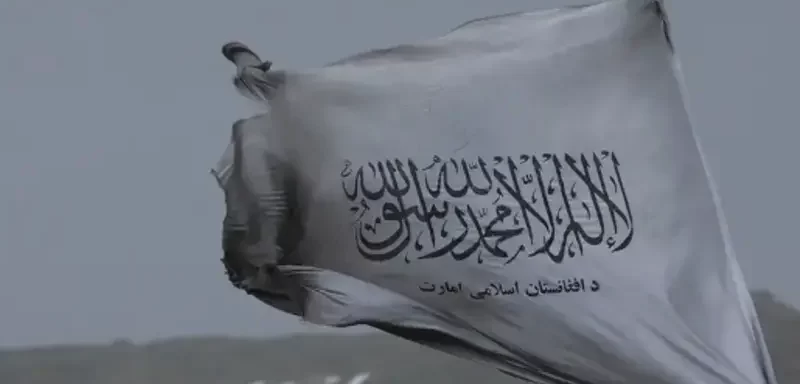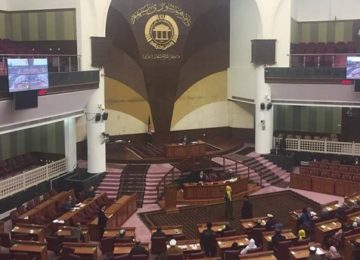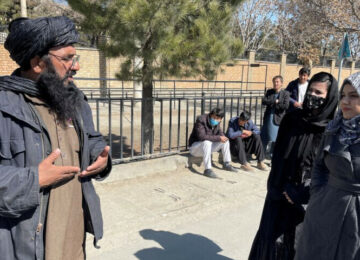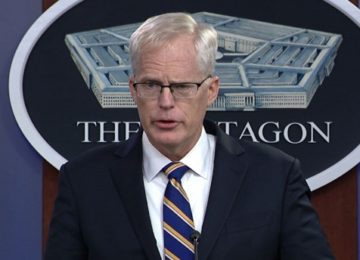The United Nations Assistance Mission in Afghanistan (UNAMA) expressed concern over the Taliban’s new morality law, stating that it will make it more challenging for the international community to engage with the group.
UNAMA has called on the Taliban to clarify certain provisions of this law.
In a statement issued on Saturday, UNAMA said, “The international community has been seeking, in good faith, to constructively engage with the de facto authorities. The world wants to see Afghanistan on the path of peace and prosperity, where all Afghans have a stake in their future, are citizens with rights and not just subjects to be disciplined. Further restricting the rights of the Afghan people and holding them in constant fear will make achieving this goal even harder,”
UNAMA’s statement highlighted that the article 35 of “Propagation of Virtue and Prevention of Vice” law, recently ratified by the Taliban leader, imposes extensive restrictions on personal conduct while granting broad enforcement powers to the morality police.
Rosa Otunbayeva, UN special envoy in Kabul, remarked, “It is a distressing vision for Afghanistan’s future, where moral inspectors have discretionary powers to threaten and detain anyone based on broad and sometimes vague lists of infractions.”
Otunbayeva noted that the law intensifies previous restrictions and even considers women’s voices outside the home as a moral offence.
The UNAMA statement also pointed out that the new law, by completely ignoring the diversity of Afghanistan’s religious community, has concerning implications for religious freedoms in the country, and these restrictions also affect the work of journalists and the media.
UNAMA emphasised that Afghans should not be punished simply for being late to prayer, looking at a woman who is not a family member, or carrying photos of their loved ones.
The statement also mentioned that UNAMA is currently assessing the law’s impact on the Afghan people and international humanitarian aid to the country.
SOURCE: Afghanistan International








